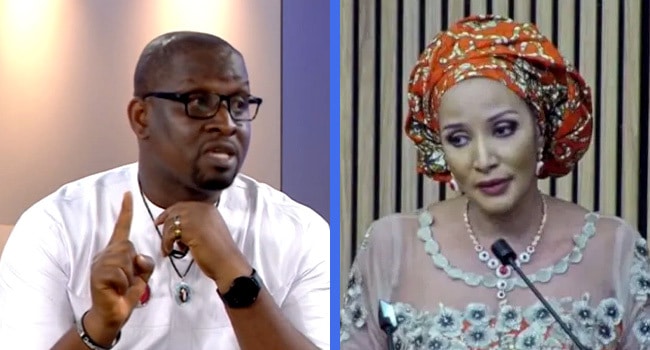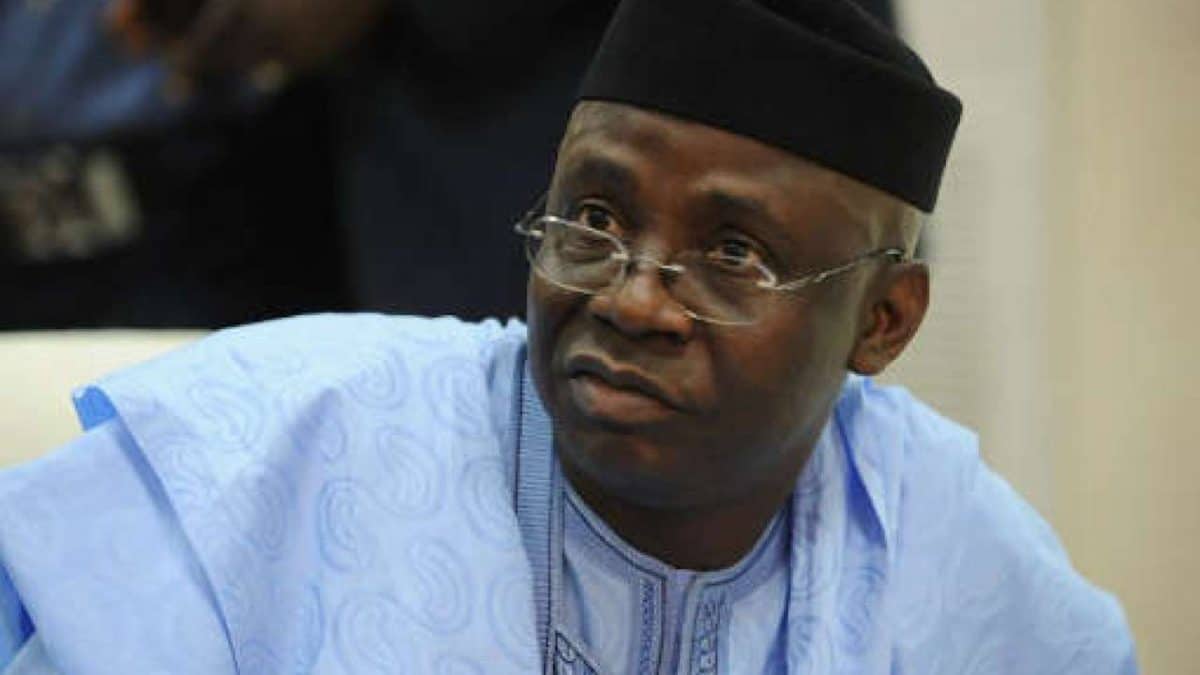Human rights lawyer, Madubuachi Idam, has called on President Bola Tinubu to prevent the Minister of the Federal Capital Territory (FCT), Nyesom Wike, from instigating turmoil in Rivers State.
Idam cautioned Tinubu against allowing Wike to influence allies in suspending Rivers State’s financial allocations, recalling how Tinubu had previously criticized former President Olusegun Obasanjo for similar actions.
Naija News reports that this plea follows a recent ruling by a Federal High Court in Abuja, which ordered the Central Bank of Nigeria (CBN) to withhold further financial disbursements to Rivers State.
Judge Joyce Abdulmalik ruled that funds from the federation account should not be released until a lawful appropriation act is passed by a valid house of assembly.
The case was initiated by the Martins Amaewhule-led Rivers State House of Assembly, which argued that Governor Siminalayi Fubara’s 2024 Appropriation Bill was submitted to an improperly constituted five-member assembly.
Expressing concern, Idam warned that the court’s ruling could fuel unrest within Rivers State.
In a statement, he said: “Anarchy looms in Rivers State and no thanks to the judgment starving the state of its statutory allocations. Wike should be stopped by President Tinubu else Rivers State will go in flames. The danger is already insight.”
Idam further criticized Tinubu for allowing Wike’s interference, especially since Tinubu himself had denounced Obasanjo’s similar suspension of Lagos State’s allocation during his tenure as governor.
“President Tinubu shouldn’t have permitted Wike’s move (through his allies) to suspend Rivers’ allocation having variously criticised President Obasanjo for taking similar action against him when he was governor of Lagos State.
“No man’s personal desire should be adjudged superior to that of the State. In a democratic setting, every state must exist as a sovereign unit of a country and no individual must Lord himself over any state,” Idam added.
He urged Nigerian courts to prioritize both legal and public interests, particularly given the nation’s fragility and the struggles many citizens face due to economic hardship.
“The Nigerian Court must not only be guided by law but also overriding public interest in deciding matters brought before it.
“A fragile nation like Nigeria whose citizens are already threatened by hunger and hardship resulting from poor leadership decisions at the Center must not be further incited against the citizens. There must be a limit to political rascality,” the lawyer concluded.

 3 weeks ago
1
3 weeks ago
1







![[Just In] PH Refinery: Nigerians Deserve Clarity, Reduction In Petrol Prices – Peter Obi To NNPC](https://www.naijanews.com/wp-content/uploads/2024/10/jigawa4-768x576-1.jpeg)







 English (US) ·
English (US) ·